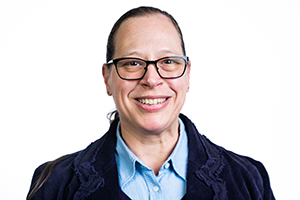Lund University
CO2 Fluidised Deep Eutectic Systems for Materials Processing
Academic project
PhD
Open
Research question
Many advanced materials manufacturing routes involve the use of toxic organic solvents or high temperature syntheses. Here we aim to replace these with more environmentally benign deep eutectic solvents and lower energy synthesis processes. However, these solvents suffer from high viscosity, making them hard to use (imagine trying to do chemistry in honey!). To reduce the viscosity, we will mix them with high pressure CO2, study the properties of these new mixtures and use the mixed solvents in two potential applications to generate nanomaterials, as examples of where these new green solvents might be useful.
Sustainability aspects
Deep eutectic solvents can be made from simple molecules sourced from plants such as sugars, citric acid and choline chloride (a B group vitamin) so they are low cost and even potentially edible. CO2 leaves no residue in the mixtures once the pressure is removed, so using these mixed solvents to extract useful compounds from food waste (e.g., lignin from cocoa bean shells) means that the products could be used in food or even medical applications. Using these solvents, we will also generate oxide nanoparticles for applications such as creating hydrogen from water or in solar cells. The mixed solvents will provide a lower energy route to make these materials that will leave behind less toxic waste, as well as potentially giving new ways to optimize the properties of the particles.

Lund University
Karen Edler
Professor
karen.edler@chem.lu.se
Explore projects under the WISE program
WISE drives the development of future materials science at the international forefront. The research should lead to the development of sustainable and efficient materials to solve some of today's major challenges, primary sustainability. On this page you can read more about our research projects.
Explore projects